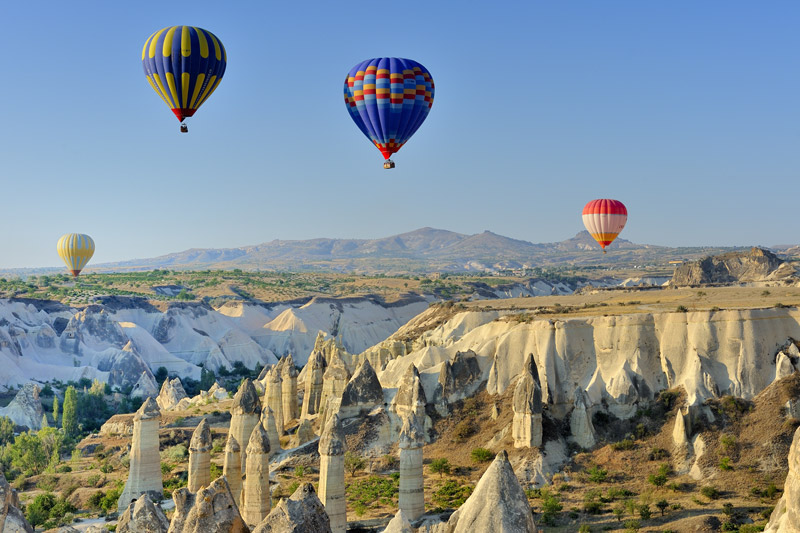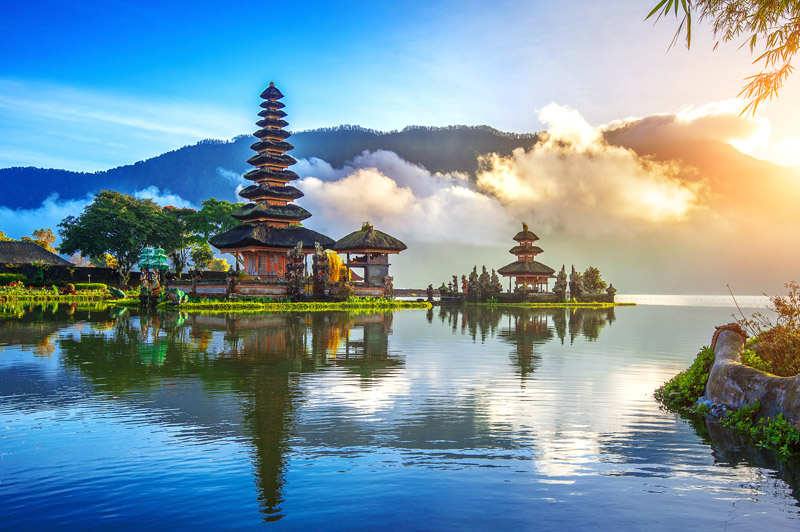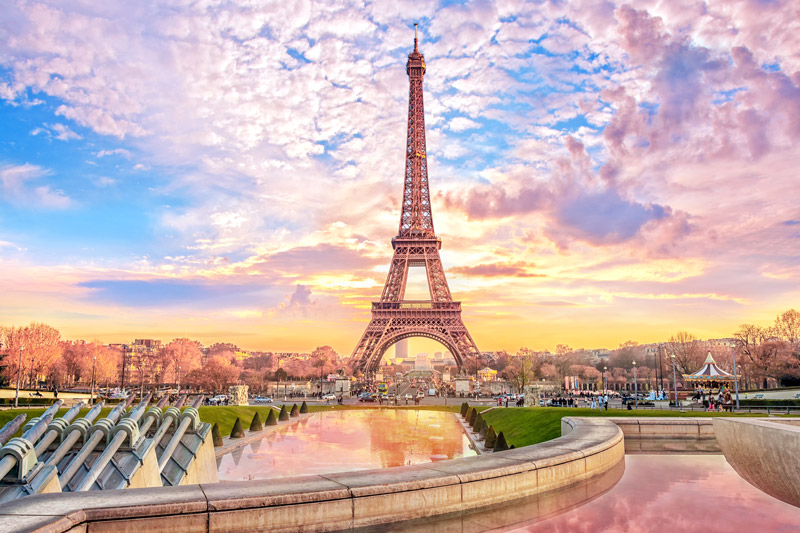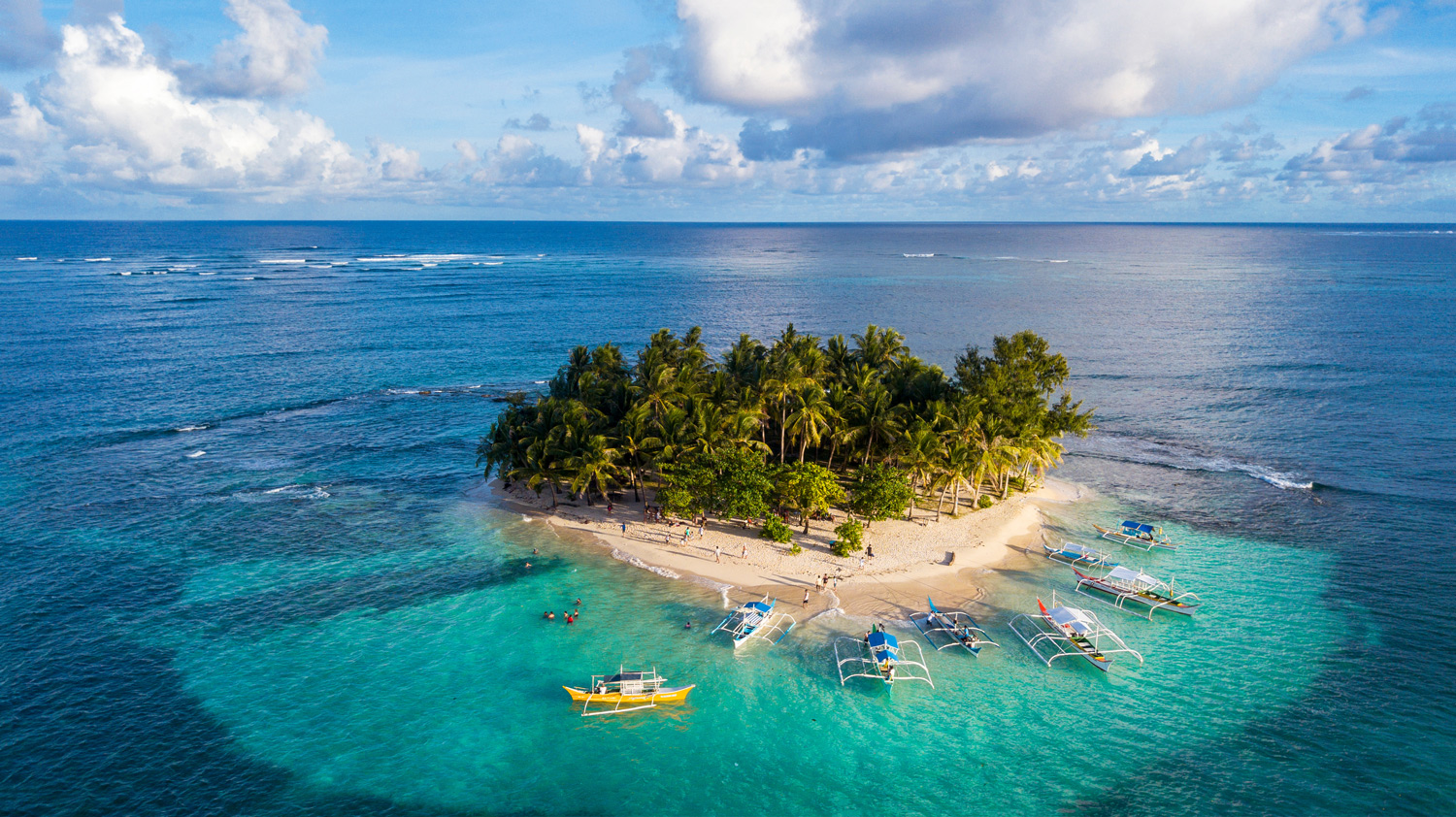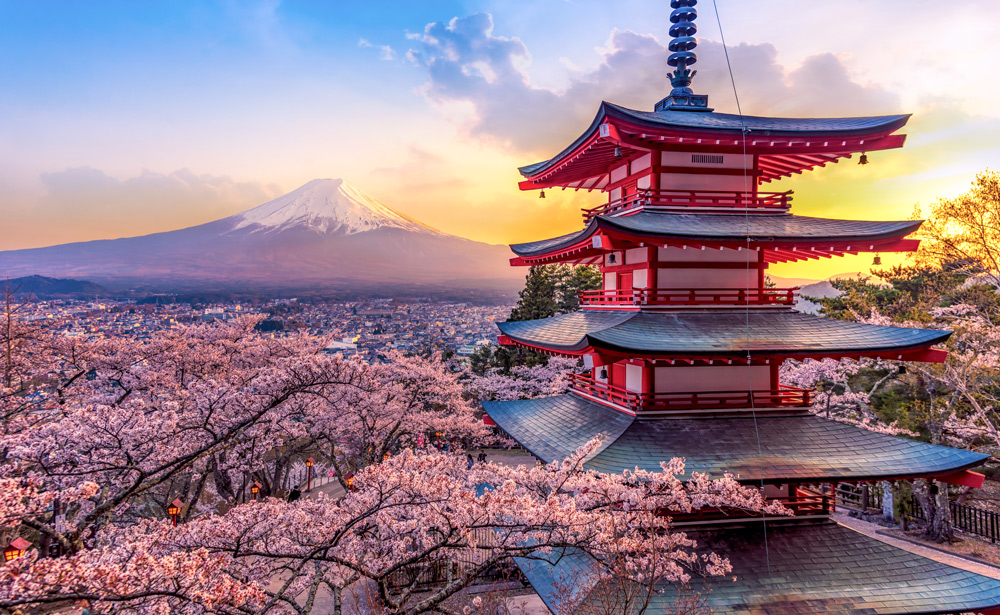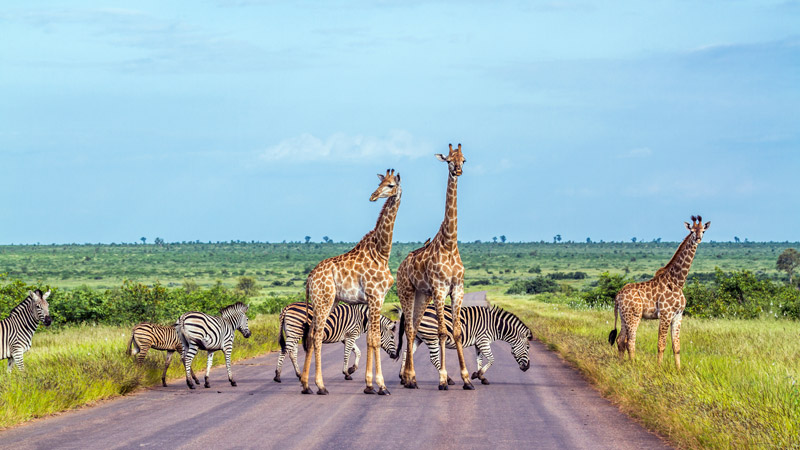Escape Into Luxurious Switzerland

+63917-881-9996
+63922-8812737

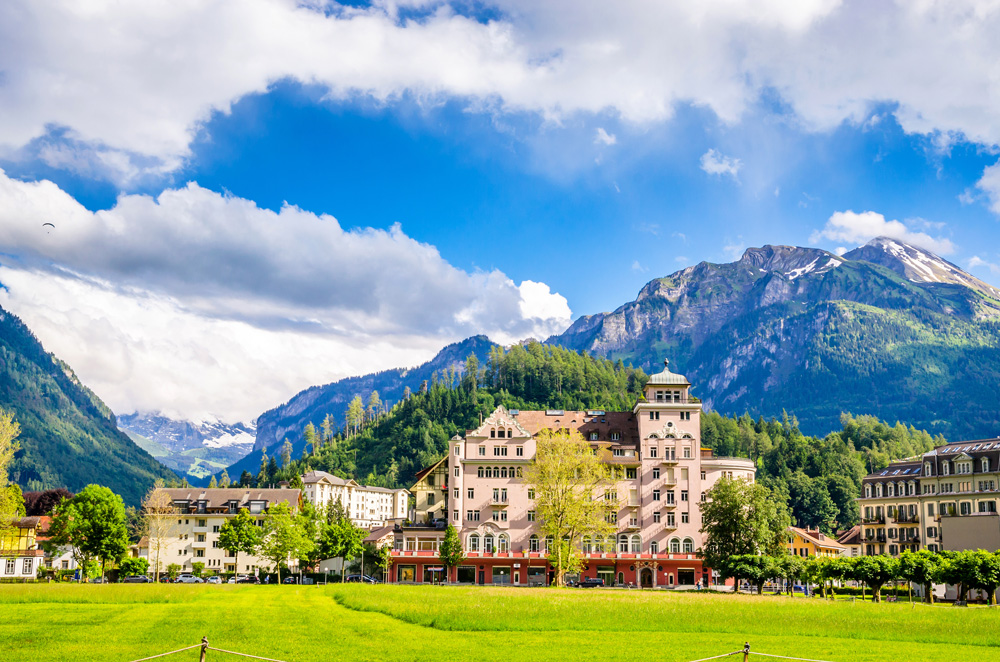
Switzerland is a beautiful country, full of breathtaking views, stunning landscapes and interesting cultures. From the snow-capped peaks of the Alps to the vibrant cities, Switzerland offers something for everyone. But if you’re looking for a unique way to experience it all, look no further than a tour in Switzerland! A tour in Switzerland is an unforgettable experience. You will get to immerse yourself in some of Europe’s most gorgeous scenery, explore traditional villages, discover hidden gems and so much more! So whether you’re looking for a cultural or adventure experience, or both – there’s something for everyone on a tour in Switzerland.
Switzerland is a landlocked country in Central Europe. It is bordered by Italy to the south, France to the west, Germany to the north, and Austria and Liechtenstein to the east. Switzerland is known for its picturesque Alps, which attract tourists from all over the world. The country has also been home to many famous inventors and scientists, such as Albert Einstein and Carl Jung.
Switzerland is often called a “land of contrasts” because of its diverse landscape and culture. The country has four official languages: German, French, Italian, and Romansh. Swiss culture is a mix of Germanic, French, and Italian influences. The Swiss are known for their love of nature, precision engineering, and delicious chocolate!
Switzerland is a must-see destination for any traveler, and it’s easy to see why. From the stunning alpine scenery to the bustling cities and charming towns, there is something here for everyone. Take your time when planning your trip so that you can experience all that this beautiful country has to offer – from relaxing hikes in the mountains to historical museums and delicious cuisine! With a little bit of research and some careful planning, you’ll be sure to have an unforgettable trip through Switzerland.
The earliest known inhabitants of Switzerland were the Celtic tribe of the Helvetii. Swiss history officially begins with the Roman conquest of the Helvetii in 58 BC. The Romans introduced Christianity to Switzerland and built roads and fortifications throughout the country.
In 3rd century AD, the Germanic tribe of the Alemanni invaded Switzerland and settled in the north. The Alemanni were eventually conquered by the Franks in 534 AD. Under Frankish rule, Switzerland became part of Charlemagne’s Holy Roman Empire.
Switzerland began to assert its independence from the Empire in 1291 when three cantons formed an alliance known as the Eidgenossenschaft (“Confederation”). This alliance was formalized in 1315 with the signing of the Federal Charter. Over time, other cantons joined the Confederation, and Switzerland slowly developed into a federal state.
During the Reformation of the 16th century, Switzerland became a haven for Protestants fleeing persecution from Catholic authorities in other parts of Europe. The Swiss Confederation remained neutral during both world wars and was not occupied by foreign forces. In 2002, Switzerland joined the United Nations, becoming
Switzerland is a landlocked country in Central Europe. It has a population of around 8 million people and is officially called the Swiss Confederation. The official languages of Switzerland are German, French, Italian, and Romansh. Switzerland is known for its picturesque scenery, its diverse culture, and its political neutrality.
Some of the most popular tourist attractions in Switzerland include the Matterhorn, the Jungfrau region, Lake Geneva, and the city of Zurich. The Swiss Alps are a major draw for winter sports enthusiasts from all over the world. Switzerland is also home to several world-renowned museums, such as the Museum of Modern Art in Zurich and the Swiss National Museum in Basel.
The Swiss culture is characterized by diversity and regionalism. There are four main linguistic and cultural regions in Switzerland: German-speaking Switzerland, French-speaking Switzerland, Italian-speaking Switzerland, and Romansh-speaking Switzerland. Each of these regions has its own unique traditions and customs.
Switzerland is a federal state with 26 cantons (states). The cantons have a large degree of autonomy within the federation and are responsible for their own laws, taxation, and infrastructure. However, there are some key areas of legislation that are managed at a federal level by the central government in Bern. These include defense, foreign affairs, immigration, transport, finance, and trade.
Switzerland’s economy is one of the most stable in the world, with low unemployment and a highly skilled workforce. The country is home to many multinational companies, and its finance sector is one of the largest in Europe.
Despite its small size, Switzerland punches above its weight when it comes to the economy. The country has a highly skilled workforce and a low unemployment rate, making it an attractive destination for multinational companies. The finance sector is also one of the largest in Europe, and Switzerland is home to many prestigious banks and insurance companies.
The Swiss economy is largely export-driven, with exports accounting for around 60% of GDP. The main export sectors are machinery, chemicals, pharmaceuticals, watches, and jewellery. Switzerland also has a well-developed tourism industry, with visitors drawn to its picturesque scenery and world-class ski resorts.
Switzerland is a Parliamentary Republic with a Federal Constitution. The Swiss Parliament is bicameral, consisting of the 200-seat National Council and the 46-seat Council of States. The Federal Assembly elects the seven members of the Swiss Federal Council, which serves as the country’s executive branch. Members of the Federal Council are elected by the Parliament for four-year terms and may serve indefinitely.
The Swiss political system is characterized by its stability, direct democracy, and federalism. Switzerland has a long tradition of neutrality, and has not been involved in a major war since 1815. The Swiss Constitution requires that all male citizens be enrolled in the militia, and that they maintain their firearms at home.
Swiss cuisine is as varied as the country’s many cultures and regions. In the German-speaking part of Switzerland, you’ll find dishes like rösti (a fried potato dish) and bratwurst (a type of sausage). In the French-speaking cantons, you might enjoy fondue (melted cheese dip) or raclette (melted cheese served with potatoes and pickles). And in the Italian-speaking canton of Ticino, you’ll find specialties like minestrone soup and risotto alla milanese.
No matter what part of Switzerland you’re in, you’re sure to find delicious Swiss cheese. Some popular varieties include Emmental, Gruyère, and Appenzeller. And don’t forget about Swiss chocolate! Many of the world’s top chocolate brands are based in Switzerland, including Lindt, Toblerone, and Milka.
If you’re looking to wash down your meal with something refreshing, order a glass of Swiss wine or beer. There are many excellent local varieties to choose from. Or, if you prefer non-alcoholic beverages, try a cup of Swiss herbal tea or a glass of mineral water from one of the country’s many natural springs.
What not to do while in Europe
There are a few things you should avoid doing while in Europe – trust us, you’ll thank us later. Here are a few of the most important things to keep in mind:
Don’t drink the tap water. Stick to bottled water to avoid getting sick.
Don’t overpack. You’ll have to carry your luggage everywhere and it will be a pain. Plus, many European hotels charge per person, so the more you bring, the more you pay.
Don’t forget your power adapter! European outlets are different than American ones, so make sure you have the right adapter before you go.
Don’t assume that everyone speaks English. While English is widely spoken in Europe, there are still many areas where it isn’t. Be prepared to use some Google Translate if necessary.
Finally, don’t forget to enjoy yourself! Europe is an amazing continent with so much to see and do. Make sure you take some time to relax and enjoy your surroundings.
Staying safe while traveling
When traveling to Europe, it is important to be aware of your surroundings and take precautions to ensure your safety. Here are some tips to help you stay safe while enjoying your adventure:
-Be aware of your surroundings at all times and trust your gut instinct if something doesn’t feel right.
-Keep your belongings close to you and never leave them unattended in public places.
-Avoid walking alone at night or in unfamiliar areas.
-Carry a copy of your passport and other important documents with you at all times.
-Keep valuables, such as jewelry and electronics, hidden away and out of sight.
-Make sure you have comprehensive travel insurance that will cover you for any eventuality.
Interlaken is a municipality in the canton of Bern in Switzerland. The town is a gateway to the Jungfrau region and is home to two major ski resorts, Grindelwald and Murren. In the summer, Interlaken becomes a popular destination for mountain biking, hiking, canoeing, and paragliding.
The first stop on our Switzerland tour is the beautiful Lake Geneva. This lake is a stunning sight, with its clear blue waters and picturesque surroundings. We’ll spend the day exploring the lakeside towns, taking in the sights and sounds of this idyllic setting. In the evening, we’ll enjoy a delicious Swiss dinner before heading to our next destination.
Lucerne is one of the most popular tourist destinations in Switzerland. Situated in the heart of Switzerland, Lucerne is a beautiful city with a medieval old town, picturesque lakeside setting and majestic mountain views. There is plenty to see and do in Lucerne, from exploring the old town to taking a boat ride on Lake Lucerne, and the city makes an ideal base for exploring the rest of Switzerland.
The Swiss Alps are one of the most popular tourist destinations in Switzerland. They offer a wide range of activities for all ages and levels of fitness, from skiing and snowboarding to hiking and mountain biking. The scenery is simply breathtaking, with towering peaks, pristine forests and alpine meadows.
The Alps cover approximately 62% of Switzerland’s total land area, so there is plenty to explore.
One of the best ways to experience the Swiss Alps is to take a scenic train ride. The Glacier Express is one of the most popular routes, connecting the resort towns of Zermatt and St. Moritz. The journey takes about eight hours, but it is well worth it for the stunning views. Another option is the Bernina Express, which travels from Chur to Tirano through some of the highest mountain passes in Europe.
There are also several glaciers that you can explore, such as the Aletsch Glacier, which is the largest glacier in Europe.
In winter, the Alps are a paradise for skiers and snowboarders. No matter how you choose to spend your time in the Swiss Alps, you’re sure to have an unforgettable experience.
Zurich is the largest city in Switzerland and the capital of the canton of Zurich. It is located in north-central Switzerland at the northwestern tip of Lake Zurich. The municipality has approximately 400,028 inhabitants, and the Zurich metropolitan area 1.83 million.
Zurich is a mixed bag of a city. On one hand, it’s full of culture and things to do. from art galleries to world-class museums and historic sites, there’s plenty to keep you busy. On the other hand, it can be quite expensive and many visitors find it difficult to adjust to its high cost of living.
The old town is charming, with narrow streets lined by medieval buildings housing cafes, bars, and shops. The Limmat River flows through the city center, and there are plenty of parks and green spaces to relax in on a nice day. The city also has a lively nightlife scene with bars and clubs open until late.
If you’re looking for something different than your typical tourist destination, Zurich is definitely worth a visit.
GALLERY
YOUR GUIDE TO EUROPE
BRIDGE ME TO
TRAVEL JOURNAL

Go get addicted to travelling!
CONTACT US
- +63917-8663180
- +63922-8812737
- [email protected]
- Philippines
Subscribe to our newsletter for updates on travel destinations and tour packages.
Copyright © 1997-2023 Bridges Travel and Tours. All rights reserved.

